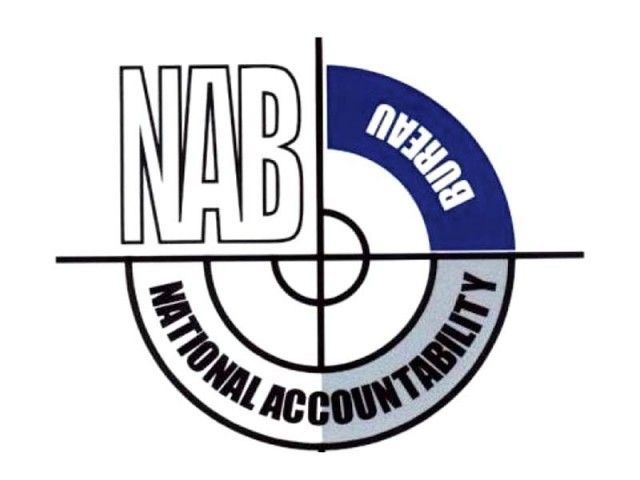
Curbing corruption
NAB’s problem since its launch has been its very weak prosecution wing
It would be unfair to judge the performance of the PTI-led coalition government on the basis of its handling of the Covid-19 crisis. No government in the world, except for a few lucky ones, has done any better on this front. And the government’s failure on the economic front cannot be attributed to any distinctive way it has handled the economy. This has happened because Prime Minister Imran Khan has continued to adhere to a failed economic model that Pakistan has been working since the mid-1980s. Free market economy based on Washington Consensus. This is the system successive governments have been practising in Pakistan since General Ziaul Haq launched the US-inspired Jihad in Afghanistan when the Soviet troops invaded that country in 1979.
However, the government’s performance on the corruption front, when tested against the PTI’s own yardsticks, seems to have remained too wanting. The party’s declared crusade against corruption has seemingly turned into manufactured moralism. In the process the nation seems to have been further polarised on political grounds.
Indeed, rather than focusing on governance, PM Imran Khan’s government seems to have turned into a vigilante force of moralisers. While these Khan-led moralisers seem to be trying to inflate their own social and moral standing in the public eye by daily flaunting their moral virtues, they also seem to take carnal pleasure in the public humiliation of their ‘corrupt’ victims. Reminders are voiced almost round the clock by party spokespersons promoting Khan as being the cleanest of the clean Pakistanis. Technology, in the form of the internet and social media, now provides a massive platform for the spread and reach of such moralism.
There are countless examples of this sort of moral beings, ranging from any number of highly paid NGO office bearers, with exceptions proving the rule, wining and dining on the seminar circuit while explaining the need for social justice and advocating egalitarianism to the tax-evading tycoons crying hoarse publicly for the poor.
That such moralisers as a rule suffer from strong doses of hypocrisy, sanctimoniousness, pomposity, pretension and conformism is not an exaggerated notion. That is why even during these days of a deadly pandemic we see frenzied media trials of the ‘corrupt’ and the NAB persecuting rather than prosecuting. NAB’s problem since its launch has been its very weak prosecution wing. And what it receives as evidence from investigation agencies is normally too flimsy because of corruption and inefficiency within the investigation agencies themselves. And there are these officially appointed commissions to ‘forensically’ investigate current corruption cases like the one appointed to investigate the sugar scandal which named and shamed some even belonging to the ruling parties. These reports are being flaunted as evidence that Khan has no friends when it comes to fighting corruption.
It would certainly be wrong to equate what is going on here in pursuit of moralism to the Spanish Inquisition, to the ‘Tribunals’ of the French Revolution, the Moscow trials in the 1930s, the Nazis’ ‘People’s Court’ and the 1950s McCarthy hearings in the US. Still, one cannot but observe certain rather vague features in the acts of moralism at work in Pakistan resembling some of those that were found in all these examples. A parading of the accused before judges and the uncritical mob; their various ‘vices’ reviewed in the media, deserving harsh penalties meted out on this basis.
Yes, of course, one must be extremely wary of those who persecute in the name of principle. But then one cannot condone corruption while criticising vigilante moralisers. Khan and his party have all the right to investigate and prosecute the corrupt. But laws of the land alone do not have the ability to curb corruption. Corruption has flourished since Adam was duped into tasting the forbidden fruit by Eve instigated by Satan and the killing of Abel at the hands of Cain. But many civilised countries have succeeded in curbing corruption, if not eliminating it completely, by establishing a strong parliament, an independent judiciary and a fearless media. Without these social controls no amount of laws and moralising can curb corruption.
Published in The Express Tribune, June 6th, 2020.
Like Opinion & Editorial on Facebook, follow @ETOpEd on Twitter to receive all updates on all our daily pieces.










COMMENTS
Comments are moderated and generally will be posted if they are on-topic and not abusive.
For more information, please see our Comments FAQ